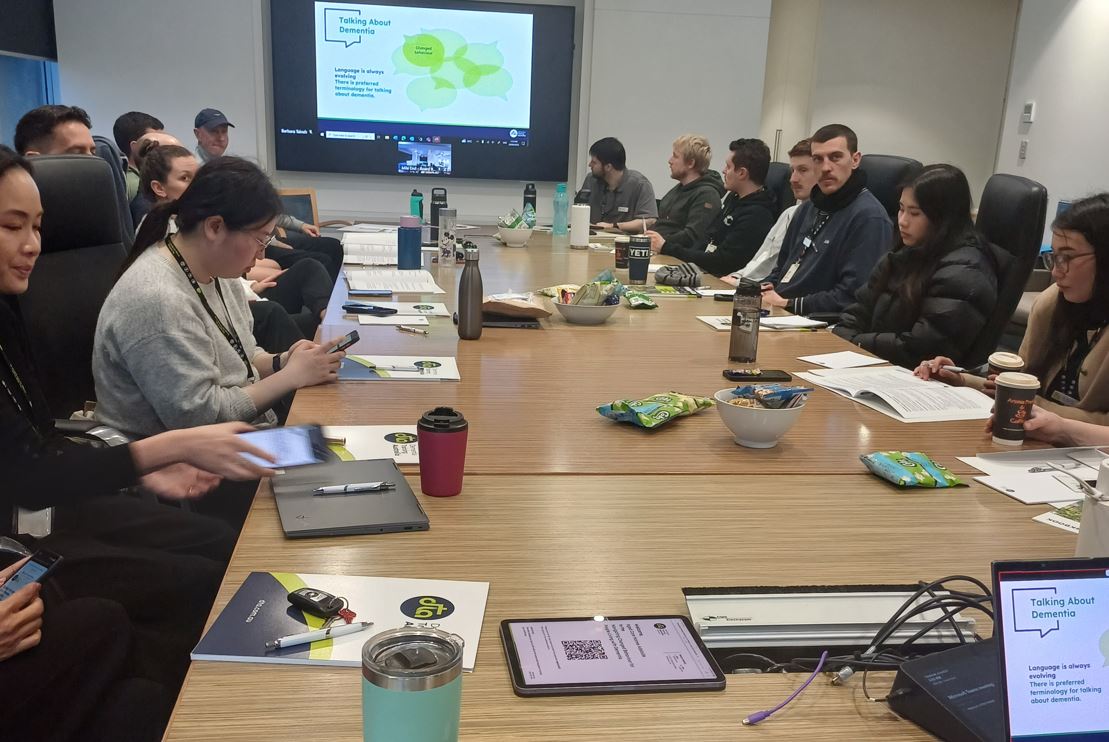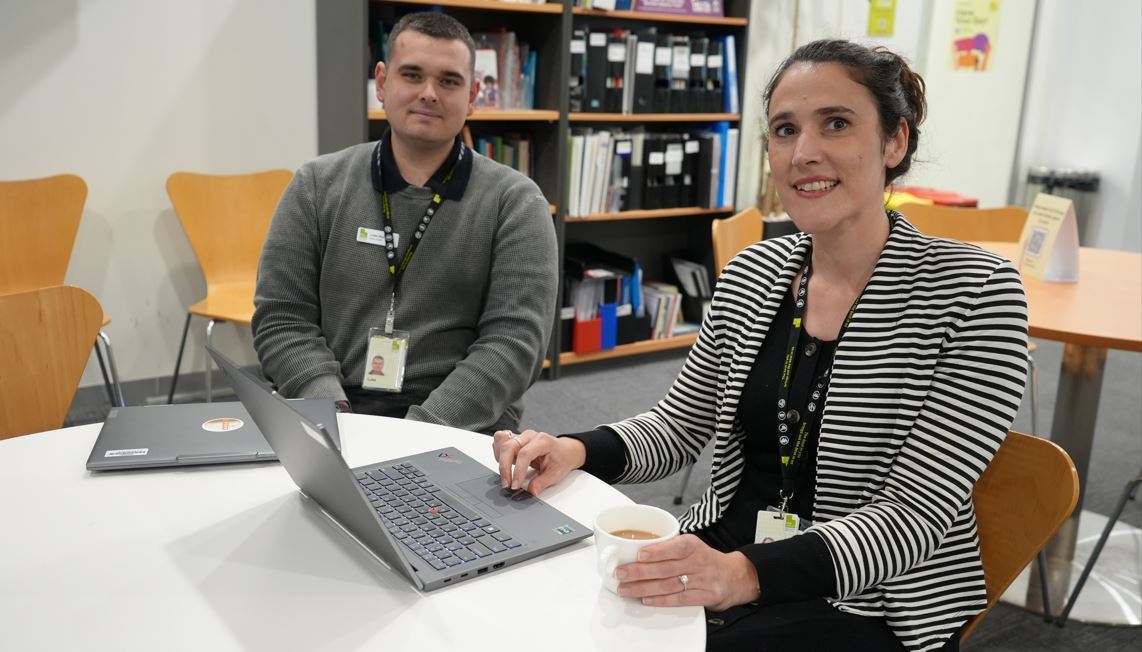Allied Health professionals lead the way in enhancing skills to support people living with dementia
ACH Group has reaffirmed its commitment to strengthening aged care quality standards by partnering with Dementia Training Australia (DTA) to deliver specialist dementia training for its workforce. Through this partnership, the organisation recently hosted a series of workshops led by Isabelle Meyer, Executive Director of DTA, focused on the theme ‘Navigating Changed Behaviour’.
The workshops explored key areas including the prevalence of changed behaviour in dementia, psychological symptoms, evidence-based approaches to care, and practical case studies designed to de-escalate acute distress.
A strong emphasis was placed on person-centred support, ensuring people living with dementia are cared for in a way that respects their individuality and changing needs.
A total of 77 ACH Group staff, primarily from Allied Health, along with nursing professionals across community and residential care, participated in the four training sessions.
Staff members who attended praised both the quality and impact of the training:
- “The strategies provided were very helpful.”
- “The approaches were very practical.”
- “The information was interesting and has increased my understanding of dementia.”
- “Isabelle was a great presenter and delivered the training at a great pace.”
- “The case studies were very helpful.”

The importance of training

Barbara Tainsh, Head of Health at ACH Group, underscored the importance of ongoing professional development in dementia care:
“Training ensures care is customer centred, respectful, and adapted to the individual’s changing needs. It helps professionals learn and develop alternative communication strategies.”
”With training, health professionals can be better prepared to identify subtle changes in a person’s memory, behaviour, communication and daily activities.”
“Training helps staff to better guide and support family members through education, emotional support, and involvement in care planning. This can help to reduce carer stress and improve outcomes for the person living with dementia.”

As Isabelle Meyer, Executive Director Dementia Training Australia explains, strengthening workforce skills is central to improving care outcomes:
“At Dementia Training Australia, our focus is on strengthening the skills of the aged-care workforce. The knowledge developed through our training will strengthen the skills of aged care staff.”
“It will also support care workers and health professionals, particularly allied health professionals, focus on areas such as speech and rehabilitation to extend the quality of care provided. Whether working with older people or children, education is key to improving outcomes.”
“Dementia is Australia’s leading cause of death, and building knowledge across the workforce is vital. Dementia is everybody’s business”.
Looking ahead
ACH Group is building on this momentum by extending the training to more staff, with the Community Nursing team next in line to take part.
Pictured: Health Professionals Luke Maloney and Gabrielle Ganser providing feedback on the training
